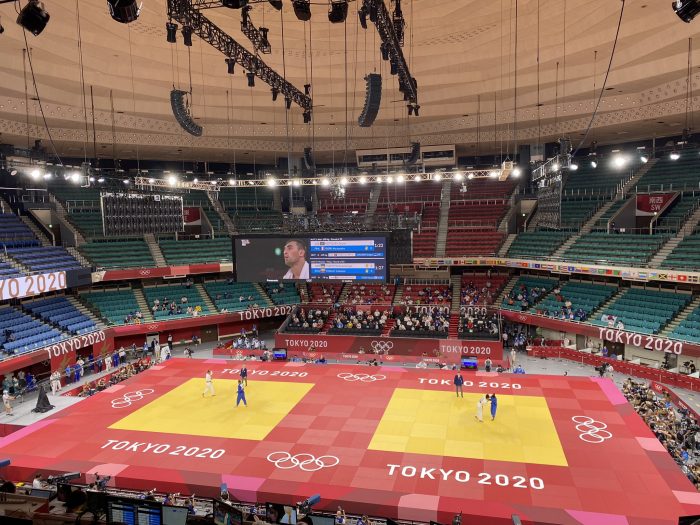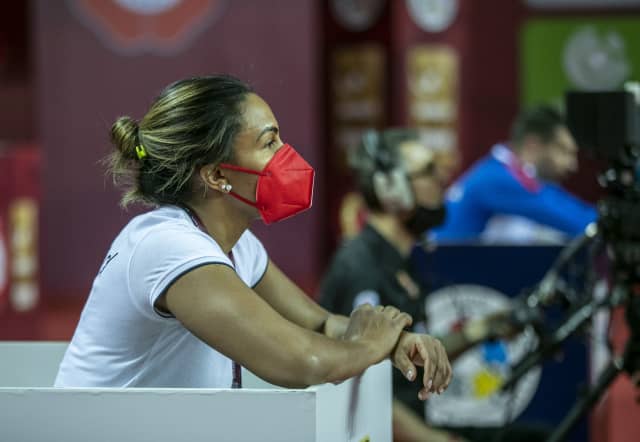Brazilian coach Erika Miranda moved to Munich as a coach for the team of Bavaria. In Rio de Janeiro, in 2013 Erika Miranda won the silver medal and finally stepped onto the world championship podium. This was the first of 5 medals, the last coming in 2018 in Baku. 12 years at world level and 5 medals later, with 2 Olympic Games participations and 6 Pan-American gold medals won, Miranda retired, not unsatisfied with her career, but with a clear need to be finished.
“After I retired I went to Canada and studied business in Vancouver. I didn’t wear a judogi for two years. I was very stressed and had some problems with my health after retirement but this gap gave me the love for judo again, so it was right. I applied for a coaching role at the German centre in Munich. I felt that I had a lot of skills and experiences that I could share with a young team. They received me so well, helping me to adjust.”
“I’m taking classes in German, to learn the language. The pronunciation is so hard for me, with Brazilian Portuguese as my first language. So actually we work mostly in English. I want the judoka to speak in German with me but they don’t have the patience and almost always resort back to English. Claudiu Pusa, the German National Head Coach has been amazing. He speaks Spanish really well and so we manage without problems.”
“I have been with Germany since October 2021 and already I won 5kg!” She laughs. It is a very different mental space from that of an athlete.”

“When I was an athlete I didn’t observe a lot. Now I’m in Germany and I notice that there are really not so many women coaches. This is a big universe but there is not always a lot of space for women.”
“I coach in Munich, at the centre there. I coach girls. It’s nice to coach them and I think girls have more feeling and are attached to their work, their training, maybe in a different way from men. I think they work harder mentally than the men, maybe not physically but mentally. These two areas are not separate, of course, in judo, but I see the women really engaged with their training.
“I’m very honest with myself and I know I have a big job to do. I work with seniors and have a lot of good girls in the team. My goals really revolve around helping this team to qualify lightweight women for the Olympic Games. I don’t know yet what the system will be for coaches at the Games but I am already so happy to be participating in the process. My ego doesn’t need the Games, just to do a good job to help the girls achieve what I know they can. In Germany there have been some problems qualifying lightweight women but I really think I can make an impact there.”
Find the whole interview HERE.



